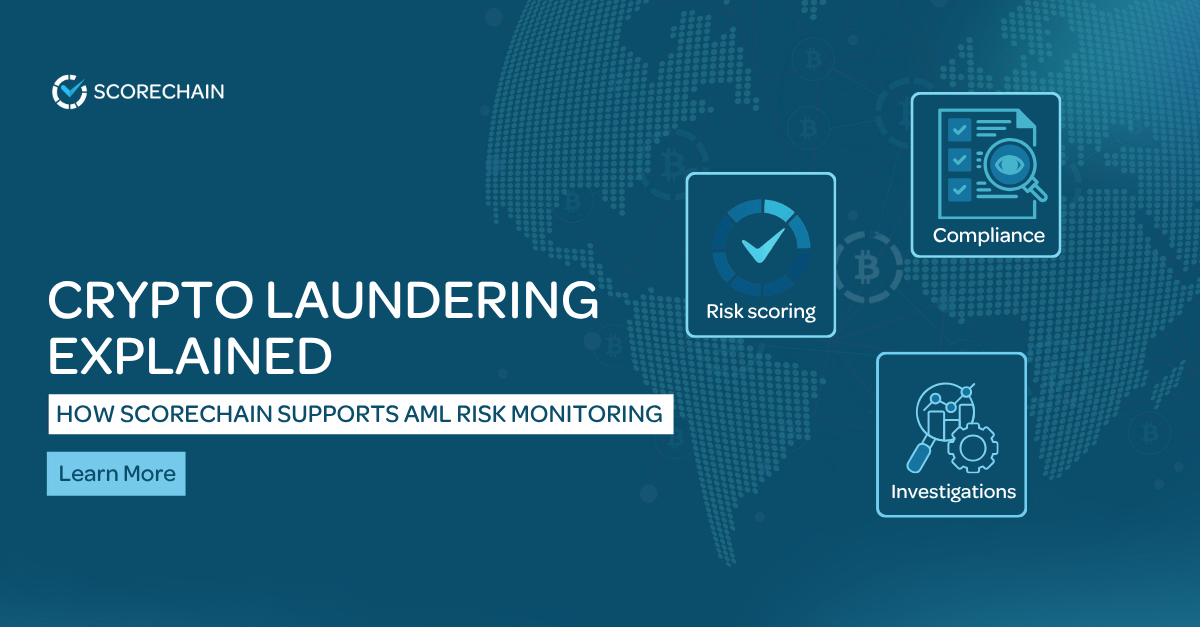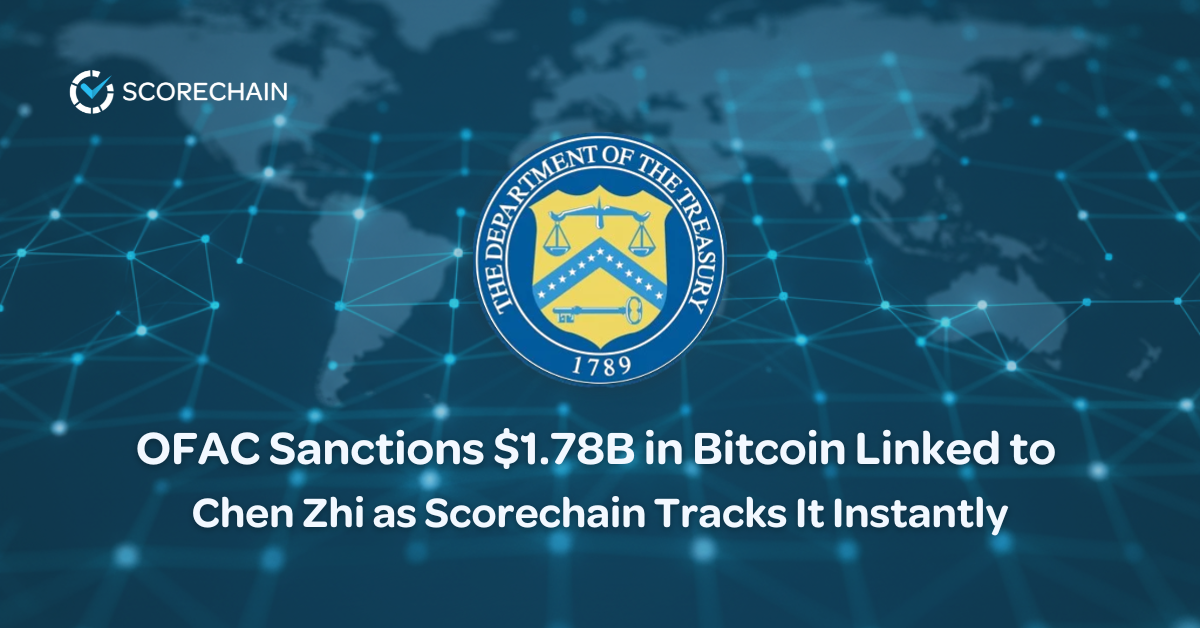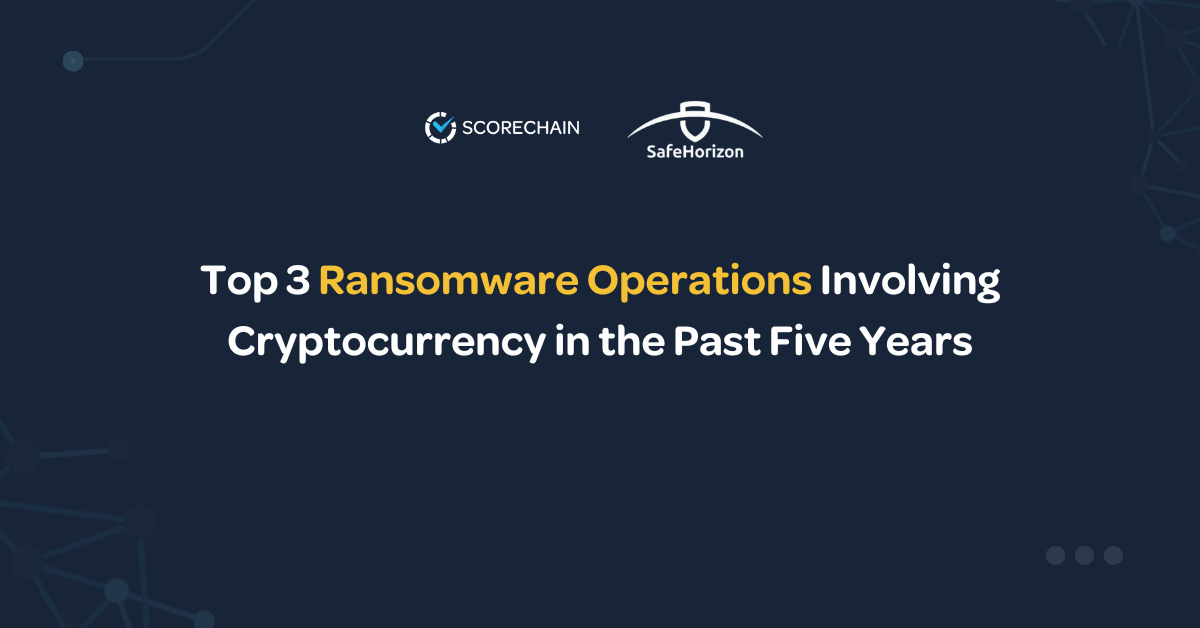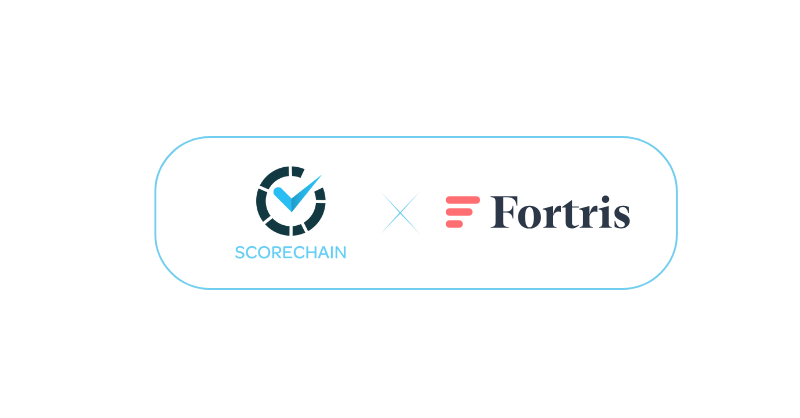What is the current crypto regulation in Lithuania? On June 8th, the Ministry of Finance in Lithuania approved amendments to the country's AML/CFT Law. The amendments aim to increase the transparency of the crypto-asset sector. The amended provisions include, for example:
- More stringent KYC processes;
- A ban on anonymous crypto accounts; or
- An increase to 125,000 EUR for the authorized capital of service providers.
The draft law should be submitted to the Parliament during the current session. If approved, it could be enforced later this year.
Crypto AML/CFT regulation in Lithuania
Lithuania amended its Law on the Prevention of Money Laundering and Terrorist Financing to include VASPs within the framework. Therefore, since January 10, 2020, both virtual currency exchange operators (VASPs) and depositary virtual currency waller operators (custodians) are obligated entities under the AML/CFT regime.
The law defines VASPs and custodians as follows:
- Virtual currency (VC) exchange operator as a legal person established in Lithuania or as a branch based in Lithuania, of a legal person of an EU Member State or a foreign state, and who provides services of VC exchange, purchase, and/or sale for remuneration.
- Depository VC wallet operator as a legal person established in Lithuania or a branch based in Lithuania, of a legal person of an EU Member State or a foreign state, and who provides services of management of custodian VC wallets on behalf of the customers.
In Lithuania, VASPs and custodians' activities do not require the need to obtain a license. However, they must inform the Register of Legal Entities manager. And they should do so five working days before the start or termination of their activities. This requirement ensures that VASPs and custodians are compliant with the AML/CFT regulation.
VASPs and custodians must appoint senior employees to implement and manage AML/CFT measures as specified in the regulation and to liaise with the Financial Crime Investigation Service (FCIS). If a board leads obliged entities, they must appoint a board member for AML/CFT measures implementation and a senior employee for liaising with the FCIS. Also, in case of designation or replacement of such persons, obliged entities should notify the FCIS within seven working days.
What AML/CFT requirements VASPs and custodians should comply with?
Customer identification checks
First, VASPs and custodians must perform customer identification and KYC checks on customer and beneficial owners:
- before carrying out VC exchange operations or transactions in VC worth 1,000 EUR or more, or the equivalent amount in foreign or virtual currency
- before depositing VC to or withdrawing VC from the depository VC wallet worth 1,000 EUR or more, or the equivalent amount in foreign or virtual currency
In the case of VC exchange operations and transactions of 15,000 EUR or more, or the equivalent in foreign or virtual currency, VASPs must provide the FCIS with related customer identification and KYC information.
Reporting requirements
If VASPs and custodians spot suspicious VC activities or transactions, they should inform the FCIS after identifying a suspicious transaction.
After confirming that a customer is carrying out a suspicious transaction, they must halt the transaction regardless of the amount. They should inform the FCIS of the suspension no later than three working hours after.
VASPs and custodians must also inform the FCIS if they know or suspect that a property is linked directly or indirectly to criminal activity or terrorist organization. And they should do so no later than one working day after such knowledge or suspicion emerges.
Additional requirements set forth in Lithuania's crypto regulation
VASPs and custodians are subject to other regulatory requirements such as:
- Risk assessment and management having regard to the types of identified risk;
- Business relationships and/or operations monitoring;
- Implementation of international financial sanctions and restrictive measures;
- Keeping of registers and information specified in the Law; and
- Employee training related to the requirements from the AML/CFT regulation.
The regulator overviewing VASPs and custodians for AML/CFT purposes is the FCIS. The FCIS can impose sanctions on obliged entities that are in breach of the regulation provisions according to article 36
How can Scorechain help you comply with crypto regulations in Lithuania?
Scorechain is providing customers with blockchain analytics tools to help them implement a holistic risk-based approach to crypto transaction monitoring for regulatory purposes. Using the software, customer can enhance their AML/CFT compliance policies, including, for example:
- Crypto transaction monitoring
- Red flag indicators identification
- Sanction screening
- SARs / STRs reporting.
Don’t hesitate to contact us at contact@scorechain.com so we can help you in your crypto compliance journey. You can also request a solution demo to see how it works live.
About Scorechain
Scorechain is a Risk-AML software provider for cryptocurrencies and digital assets. As a leader in crypto compliance, the Luxembourgish company has helped over 200 customers in 45 countries since 2015, ranging from cryptocurrency businesses to financial institutions with crypto trading, custody branch, digital assets, customers onboarding, audit, and law firms, and some LEAs.
Scorechain solution supports Bitcoin analytics with Lightning Network detection, Ethereum analytics with all ERC20 tokens and stablecoins, Litecoin, Bitcoin Cash, Dash, XRP Ledger, Tezos, Tron with TRC10 and TRC20 tokens, and BSC with BEP20 tokens. In addition, the software can de-anonymize the Blockchain data and connect with sanction lists to provide risk scoring on digital assets, transactions, addresses, and entities. The risk assessment methodology applied by Scorechain has been verified and can be fully customizable to fit all jurisdictions. In addition, 300+ risk-AML scenarios are provided to its customers with a wide range of risk indicators so businesses under the scope of the crypto regulation can report suspicious activity to authorities with enhanced due diligence.
Sources:
.png)



















